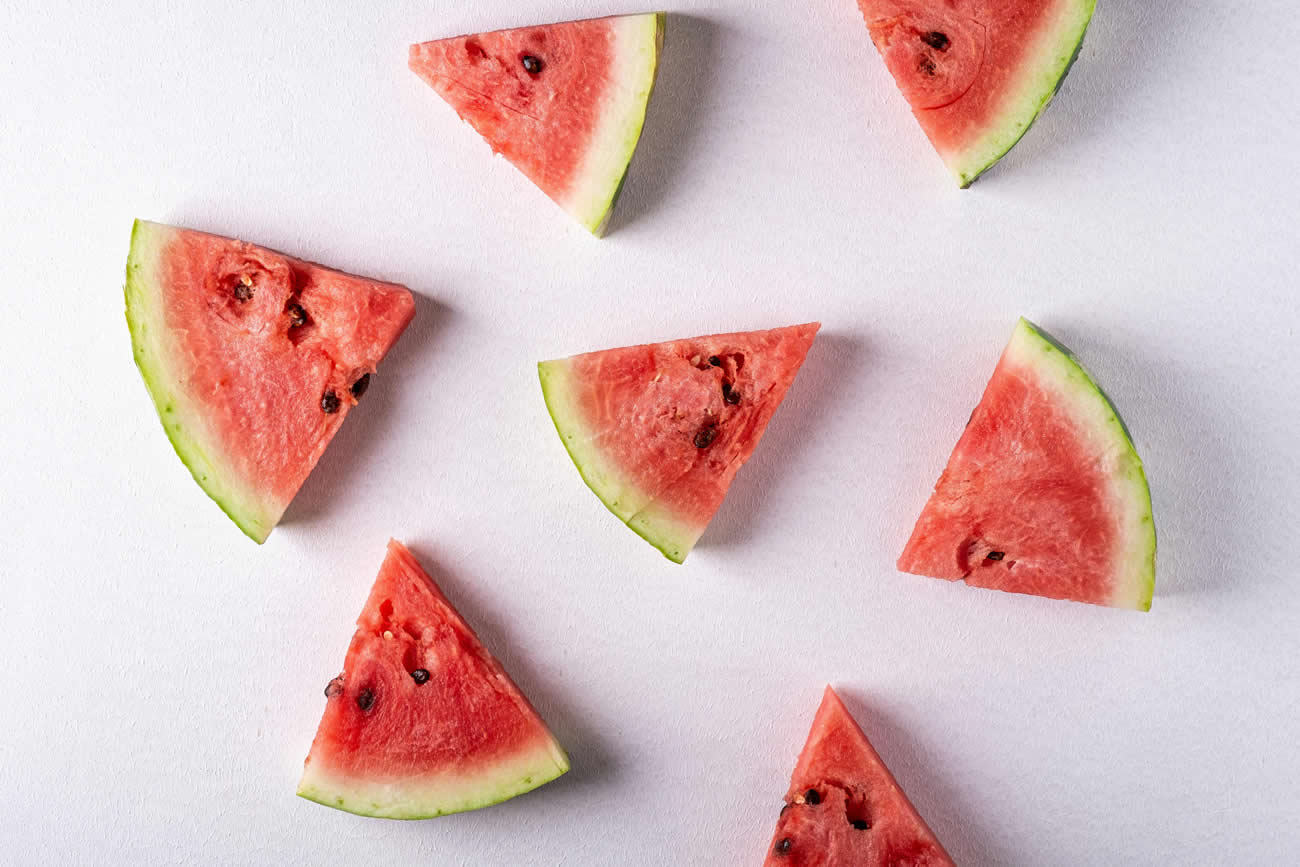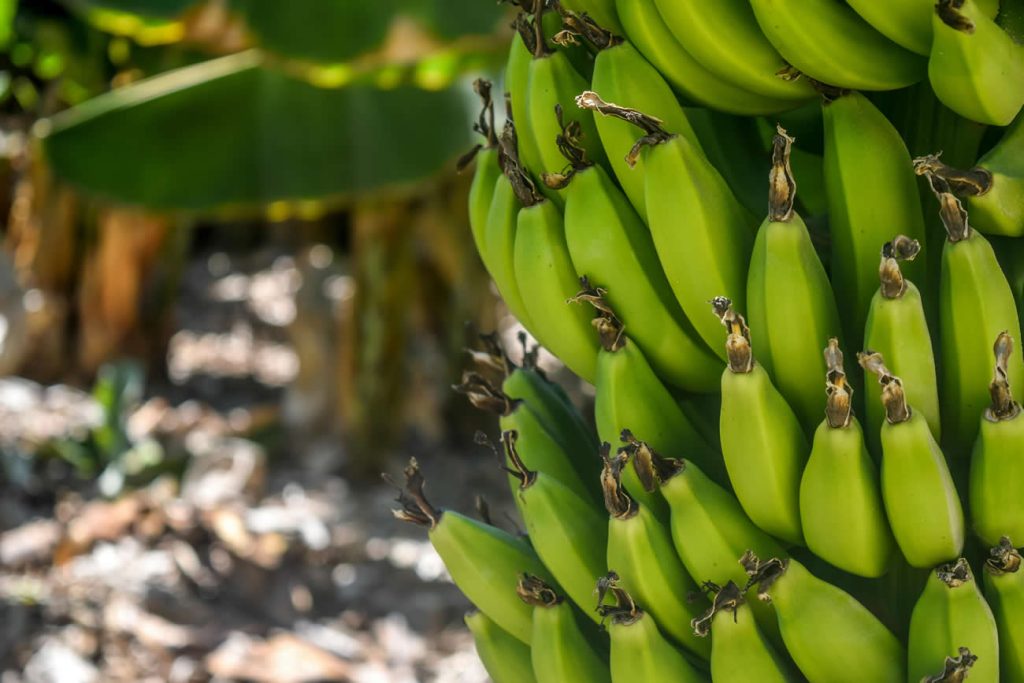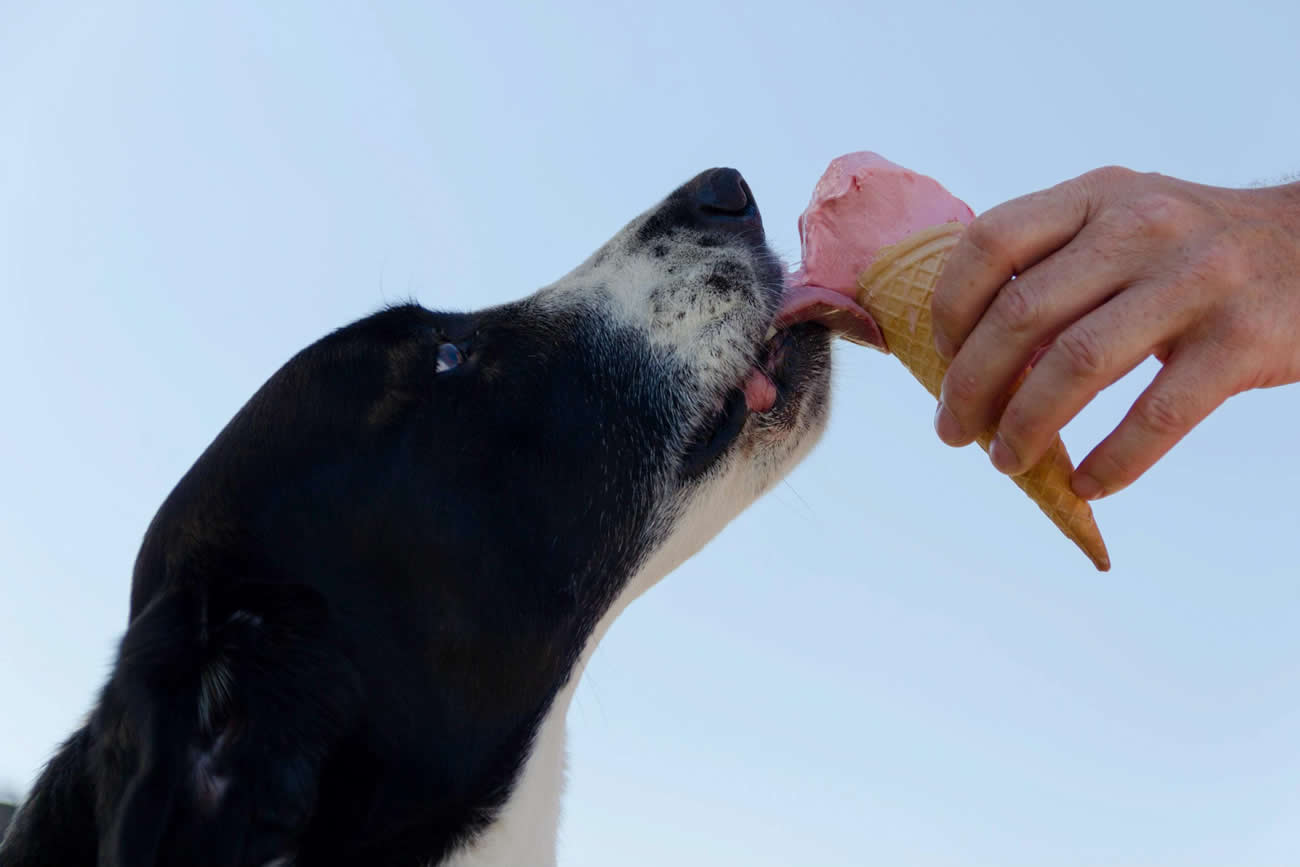Watermelon is a delightful summer treat that many of us enjoy, but as a dog owner, you might be wondering if this juicy fruit is safe for your furry friend. The good news is that dogs can indeed enjoy watermelon, but there are some important precautions to consider.
Here we will explore everything you need to know about feeding watermelon to dogs, including its benefits, how to prepare it safely, and the potential risks involved.
Understanding Watermelon: A Nutritious Snack
Watermelon is not just a delicious fruit; it’s also packed with nutrients. This hydrating snack is composed of about 92% water, making it an excellent option for keeping your dog hydrated, especially on hot days.
Additionally, watermelon contains essential vitamins such as A, B6, and C, along with minerals like potassium and magnesium. With only around 50 calories per cup, it’s a low-calorie treat that can be a great alternative to high-fat snacks.
Nutritional Benefits of Watermelon for Dogs
- Hydration: The high water content helps keep your dog hydrated.
- Vitamins and Minerals: Watermelon is rich in vitamins A, C, and B6, which support your dog’s immune system and overall health.
- Low in Calories: Perfect for dogs that need to maintain a healthy weight.
- Fat-Free: A great option for dogs with dietary restrictions.
Preparing Watermelon for Your Dog
Before sharing watermelon with your dog, it’s crucial to prepare it correctly. Here’s how to ensure that your pet enjoys this fruit safely:
Remove Seeds and Rind
One of the most important steps is to remove the seeds and rind from the watermelon. While a few seeds may not cause immediate harm, they can lead to intestinal blockages, especially in smaller breeds.
The rind, on the other hand, is tough and can be difficult for dogs to digest, potentially causing gastrointestinal upset.
Serving Size Matters
When introducing watermelon to your dog’s diet, moderation is key. Treats, including watermelon, should make up no more than 10% of your dog’s daily caloric intake. Here’s a simple guideline for serving sizes based on your dog’s size:
| Dog Size | Recommended Serving Size |
|---|---|
| Extra Small | 1-2 small cubes |
| Small | 2-3 small cubes |
| Medium | ½ cup |
| Large | 1 cup |
Creative Ways to Serve Watermelon
Watermelon can be served in various ways to keep things interesting for your pup. Here are a few ideas:
- Fresh Cubes: Cut the watermelon into bite-sized pieces.
- Frozen Treats: Freeze watermelon cubes for a refreshing summer snack.
- Pureed Watermelon: Blend watermelon and freeze it in ice cube trays for a cool treat.
- Watermelon Popsicles: Mix watermelon puree with plain, unsweetened yoghurt and freeze for a delicious popsicle.
Potential Risks of Feeding Watermelon to Dogs
While watermelon is generally safe for dogs, there are some risks to be aware of:
Gastrointestinal Issues
If your dog consumes too much watermelon, it may lead to digestive upset, including diarrhoea or vomiting. Always introduce new foods gradually and monitor your dog’s reaction.
Allergies and Health Conditions
Although rare, some dogs may have allergies to watermelon. If it’s your dog’s first time trying this fruit, offer a small piece and watch for any signs of an allergic reaction, such as itching, swelling, or difficulty breathing. Additionally, dogs with diabetes should avoid watermelon due to its sugar content.
Avoid Processed Watermelon Products
It’s crucial to avoid giving your dog processed watermelon products, such as candies, jellies, or drinks, as these often contain added sugars and artificial ingredients that can be harmful to dogs.
Can Puppies Eat Watermelon?
Puppies can also enjoy watermelon, but with a few precautions. Their digestive systems are more sensitive, so it’s best to offer small amounts and ensure that the seeds and rind are completely removed. As with adult dogs, moderation is essential to prevent any potential stomach issues.
Introducing Watermelon to Your Puppy
When introducing watermelon to your puppy, consider starting with small, bite-sized pieces. Supervise them while they eat to ensure they don’t choke or experience any adverse reactions.
Conclusion: Watermelon as a Treat for Your Dog
In conclusion, watermelon can be a delightful and nutritious treat for dogs when prepared and served correctly. It’s a great way to keep your pet hydrated and provide them with essential vitamins. Just remember to remove the seeds and rind, serve in moderation, and monitor your dog’s reaction to this new food.
If you’re ever in doubt about whether to give your dog a particular food, it’s always best to consult with your veterinarian. With the right precautions, you and your furry friend can enjoy the joys of summertime together, one juicy watermelon slice at a time!








